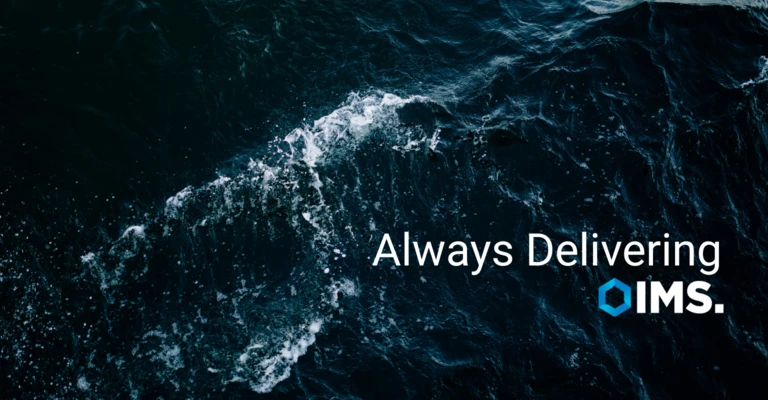



International Maritime Services (IMS)
Impact period: 1st January 2022
Clarifying Emissions Scope to Strengthen Transparent Climate Accountability Across Operations and Organisations
Finished

International Maritime Services (IMS)

Impact period: 1st January 2022
Clarifying Emissions Scope to Strengthen Transparent Climate Accountability Across Operations and Organisations
Finished

International Maritime Services (IMS)
Impact period: 1st January 2023
Defining Organisational and Operational Emission Boundaries for Clear Climate Accountability
Finished

International Maritime Services (IMS)

Impact period: 1st January 2023
Defining Organisational and Operational Emission Boundaries for Clear Climate Accountability
Finished

International Maritime Services (IMS)
Impact period: 1st January 2024
Establishing Organisational & Operational Emissions Boundaries for Transparent Climate Action
Finished

International Maritime Services (IMS)

Impact period: 1st January 2024
Establishing Organisational & Operational Emissions Boundaries for Transparent Climate Action
Finished

International Maritime Services (IMS)
